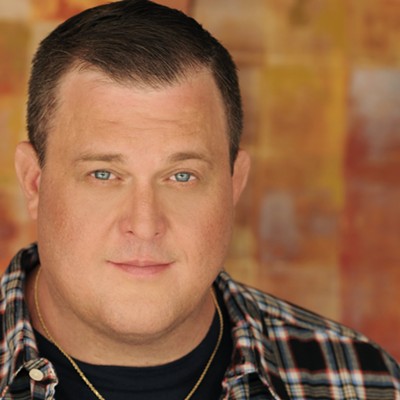Sunday, April 11, 2010
Young Jean Lee's The Shipment
I'd read several reviews and other accounts of this 2008 theater piece by this cult-favorite young playwright. Most were laudatory, but none quite did justice to either its multi-layered, highly detailed approach or just how confrontational -- and brilliant -- its take on race and racism is.
The 90-minute play's lone Pittsburgh staging was last night, at the New Hazlett Theater, part of the Warhol's Off the Wall series. The play is structured like a variety show -- actually, a "minstrel show," Lee has said. It's a hall of mirrors of racial representation -- performances of performances.
Its first major component is a "stand-up comedy" act: A prerecorded voice urges "put your motherfuckin' hands together for Douglas Streater Scott." Scott emerges to embody what might be our idea of "black comic," making jocular comparisons between black people and white people. Except that it's really a farrago of that pose, plus real invective about white privilege -- and then just crazy shit calculated to make an audience wince. For instance, Scott starts his routine talking about a 7-year-old girl pleasuring herself with a pencil. But eventually he's noting that white people feel "persecuted" when you call them out on their racism.
It's always a good night at the theater when you can feel half the audience (at least) twisting in their seats like they're watching a movie depicting brain surgery on themselves.
The second major component of part one was perhaps even more clever: kind of a kabuki version of a stereotypical narrative (like a TV movie) about a kid who wants to be a rap star but ends up in jail for selling drugs. Except that everybody in it (all five cast members) wears evening clothes, and performs in this almost affectless style, sometimes mixing in stylized hand gestures. (Characters include "Crackhead John" and "Video Ho.") By the time Aundre Chin, as aspiring rapper "Omar," intones, "I have grown to hate the very rap I once loved," you've hopefully figured out that the cast is parodying a caricature -- not only cliched narrative, but also the kinds of roles black actors are largely limited to.
Part one ends with three of the actors staring at the audience for what seems forever, then bursting into a three-part harmony, a capella version of a Modest Mouse song: "I might disintegrate into thin air if you like," they sing. "I'm not the dark center of the universe like you thought … If you can't see the thin air, what the hell is in your way?"
After a pause for set change, part two is a one-act comedy. That's it -- five well-dressed characters in a room, variously neurotic, the party they're attending alternately animated and desperately awkward. (I'm sure you've been there.)
Part two's little secret shouldn't be one at all -- turns out none of the characters the actors are playing is black. Lee gets to this revelation in a really interesting way that comments on the whole evening, starting with a cruel trick one character plays on the rest. ("I was fucking with you all," he says, something we can perhaps hear Lee herself admitting.) Then they play a word game that requires them to write fake sentences for a book, then guess what's the "real" sentence -- a little pantomime of counterfeits, like the one we've just spent 90 minutes watching.
About 75 people (half the crowd) stayed for the Q&A with the actors (who also included Prentice Onayemi, Ikechukwu Ofomadu and Amelia Workman). The talkback demonstrated that even theoretically tuned-in theater crowds don't always "get" satire. (And I don't just mean the white-haired couple in my row who fled the show at the first opportunity.)
One question, for instance, was about the acting style in the "rap" story -- some people didn't understand that we in the audience were supposed to feel alienated. (One actor said they'd first tried to play the story "straight," but found that the audience -- most of Lee's audiences are white -- fell happily into following the narrative in the usual way, instead of interrogating its cavalcade of cliché.)
Another man thought that the "stand-up comic" line, "I'm a Shadyside nigger born and bred" was a mistake in local-reference-making; he didn't understand that, like everything else in The Shipment, it was a detail calculated to upend our expectations.
Still, plenty of people got something out of the show. One woman told the actors she'd asked herself why she was repulsed by part one -- the "black" part -- but liked part two. "It taught me something about my unconscious racism," she said.
One other note: The Shipment was developed by Brooklyn-based Lee (who's Korean-American) in collaboration with her original, all-black cast of five. The characters in part two were originated when she asked them, "What character would you love to play but you don't get the chance to?" One of the original performers (who wasn't in this show) said he'd simply like the opportunity, as a black performer, to portray a full range of emotions on stage.
Tags: Program Notes












